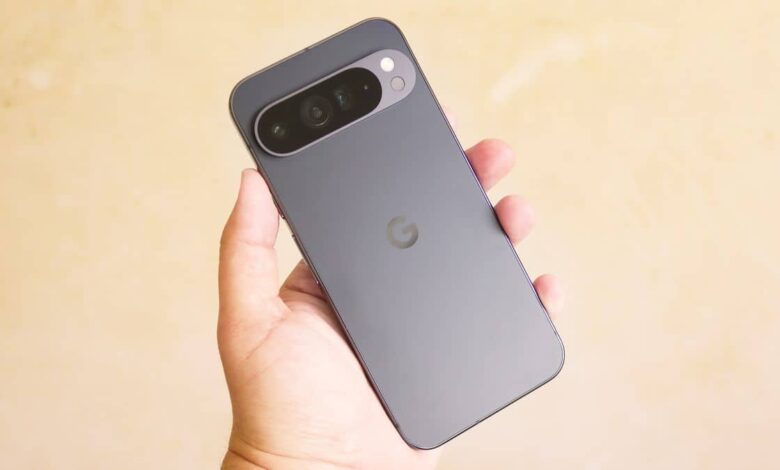
This year’s Pixel release is even more unusual than previous years: Google has released the Pixel 9 series a month and a half earlier than August which used to be its official release month. The growth of the Android Market, as well as the upgrade of existing Android applications, has also not been accompanied by an expected expansion of Android 15 on the same basis. Google has formally affirmed that Android 15 will be released in October, which is a letdown for those expecting its release earlier because of the early release of the pixel.
Android authority reports that Google has recently added new changes to the release notes of the Android beta exit program. For now, it is suggested that users ignore downgrade notifications and wait for the stable Android 15 version, which should go live in October. However, no specific dates for the rollout of the update have been released.
Android 15 will be released for multiple Pixel devices, including Pixel 6, Pixel 6 Pro, Pixel 6a, Pixel 7, Pixel 7 Pro, Pixel 7a, Pixel 8 and its variants. The new Pixel 9 series will also have access to the update.
Apart from Pixel devices, other manufacturers are likely to contribute their products to the Android beta program. These include Honor Magic 6 Pro, Vivo X100 series, IQOO 12 series, Nothing Phone 2, OnePlus 12, and Tecno Camon 30 Pro 5G, which are expected to be upcoming Android 15 devices.
Google introduced Android 15 during Google I/O 2024 in May. The software giant says it offers a host of improvements to the operating system that will appeal to both end users and developers.
A new concept called the Privacy Sandbox has now been added with the update with the intention of improving user privacy by reducing data sharing and tracking. Also, developers will be also capable of utilizing enhanced camera extensions for better hardware incorporation and performance enhancement frameworks.
Android 15 is accompanied by several new updates for users: the option to move rarely used apps to the archive to free up space, improved support for Braille displays in TalkBack, and new security features, such as end-to-end encryption for contact keys. Other enhancements are a default full-screen overlay for apps, additional data kinds in Health Connect, and the ability to share the precise app window with partial screen functionalities.



